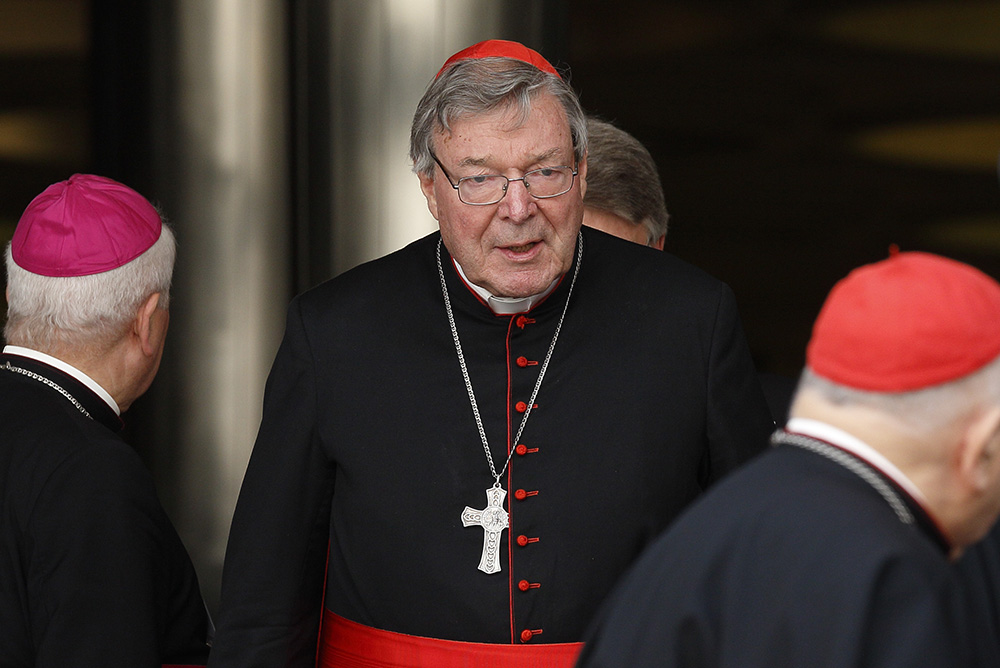The most senior Catholic cleric in the world to be convicted of child sexual abuse, Cardinal George Pell, has lost his appeal against his conviction, but maintains he is innocent.
In a brief statement issued after the decision the Vatican reiterated that Pell maintained his innocence, and that it was now “Pell’s right to appeal to the high court”.
“At this time, together with the church in Australia, the Holy See confirms its closeness to the victims of sexual abuse and its commitment to pursue, through the competent ecclesiastical authorities, those members who commit such abuse,” the statement also said. No mention was made of stripping Pell of his cardinal title.
On Wednesday the Victorian court of appeal in Melbourne, Australia, dismissed Pell’s appeal, with two of the three appellant judges describing the complainant who accused Pell as a compelling, truthful witness.
The jury had not been unreasonable in convicting Pell on one count of sexual penetration of a child under the age of 16 and four counts of an indecent act against a child under the age of 16, the chief justice, Anne Ferguson, and appeal court president justice, Chris Maxwell, found.
A third judge, Mark Weinberg, disagreed, finding the complainant was inclined to embellish aspects of his testimony and that he could not exclude the possibility that some of what he said was concocted. But in the court of appeal judges are required only to reach a majority decision.
Pell was escorted back to jail, where he will continue to serve a six-year sentence for sexually abusing two 13-year-old choirboys in 1996, while he was archbishop of Melbourne. After Sunday solemn mass at St Patrick’s Cathedral in Melbourne, Pell orally raped one of the boys in the priest’s sacristy and indecently assaulted both of them.
Pell offended again against one of the boys about a month later, when he grabbed the boy’s genitals in the church corridor, once more after Sunday solemn mass.
“Throughout his evidence, [the complainant] came across as someone who was telling the truth,” Ferguson said. “He did not seek to embellish his evidence or tailor it in a manner favourable to the prosecution. As might have been expected, there were some things which he could remember and many things which he could not. And his explanations of why that was so had the ring of truth.”




